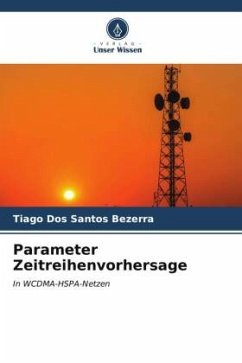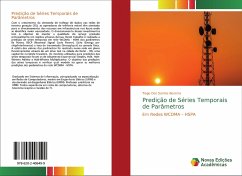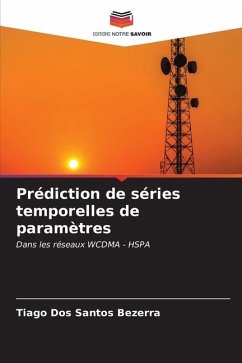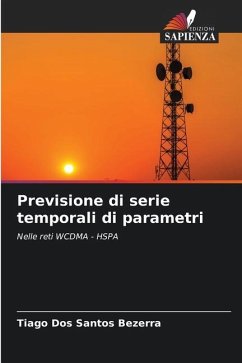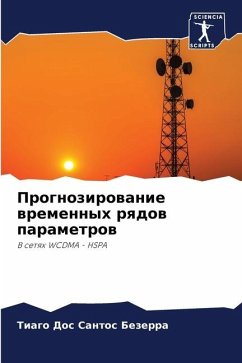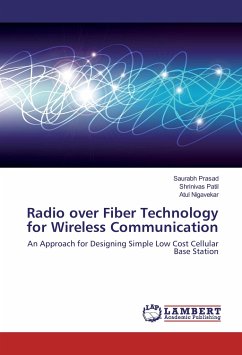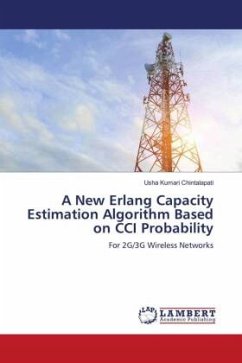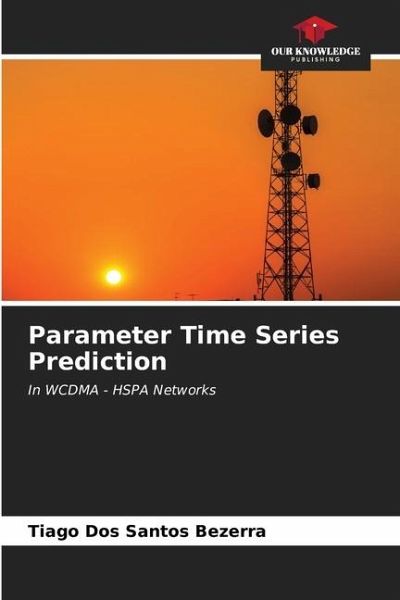
Parameter Time Series Prediction
In WCDMA - HSPA Networks
Versandkostenfrei!
Versandfertig in 6-10 Tagen
27,99 €
inkl. MwSt.

PAYBACK Punkte
14 °P sammeln!
With the growth in demand for data traffic on third generation (3G) networks, mobile operators have been focusing their infrastructure resources on the places where the greatest need is identified. The aim of targeting these investments is to maintain the quality of service provided, especially in dense urban regions. In this work, we predict time series in a WCDMA - HSPA network for the parameters Rx Power, RSCP (Received Signal Code Power), Ec/Io (Energy per chip/Interference) and throughput at the physical layer. The parameter values were collected in a fully functioning network through a d...
With the growth in demand for data traffic on third generation (3G) networks, mobile operators have been focusing their infrastructure resources on the places where the greatest need is identified. The aim of targeting these investments is to maintain the quality of service provided, especially in dense urban regions. In this work, we predict time series in a WCDMA - HSPA network for the parameters Rx Power, RSCP (Received Signal Code Power), Ec/Io (Energy per chip/Interference) and throughput at the physical layer. The parameter values were collected in a fully functioning network through a drive test in the city of Natal - RN, a capital city in northeastern Brazil. The models used to predict the time series were Simple Exponential Smoothing, Holt, Additive Holt-Winters and Multiplicative Holt-Winters. The aim of the time series predictions is to verify which model will generate the best predictions of the WCDMA - HSPA network parameters.





